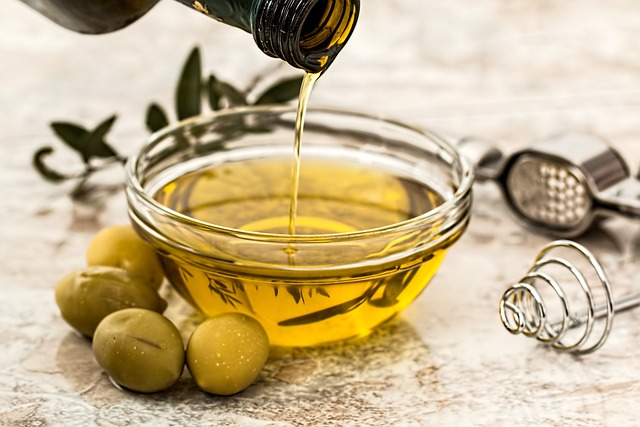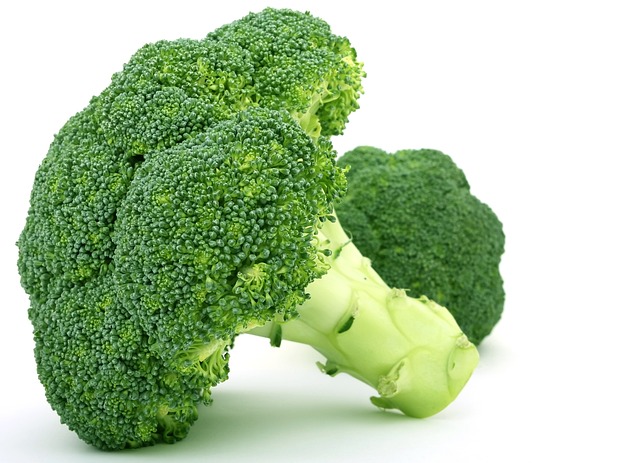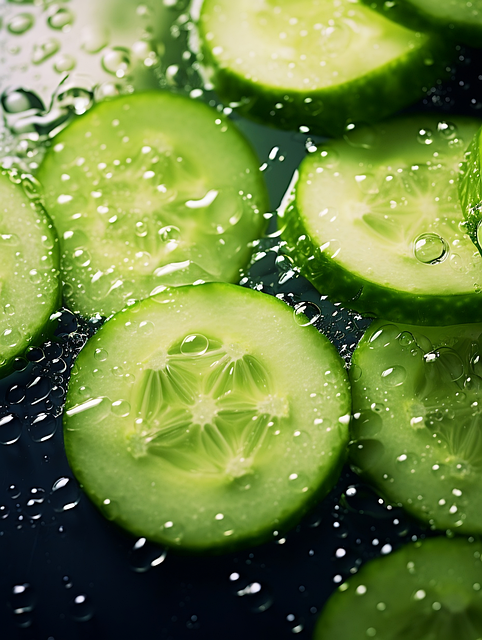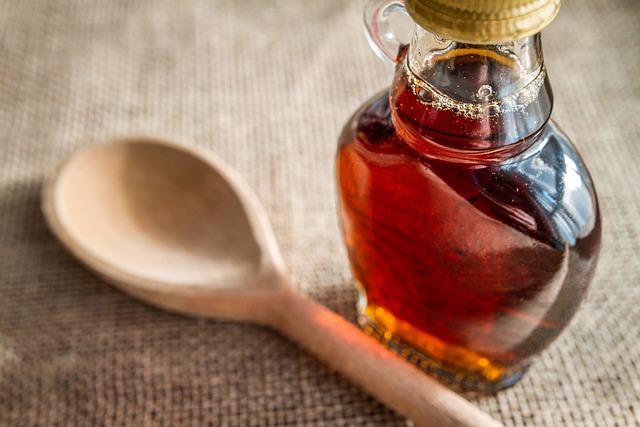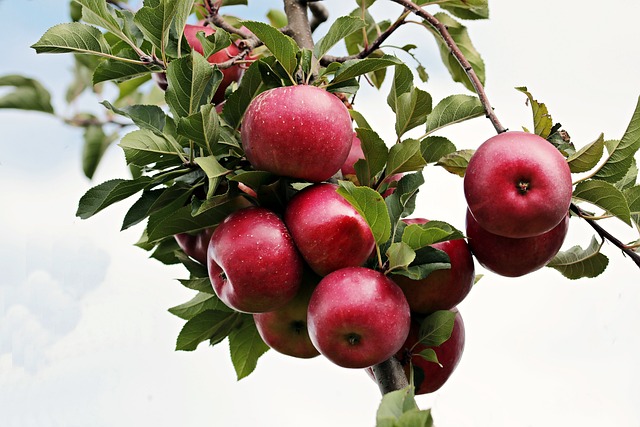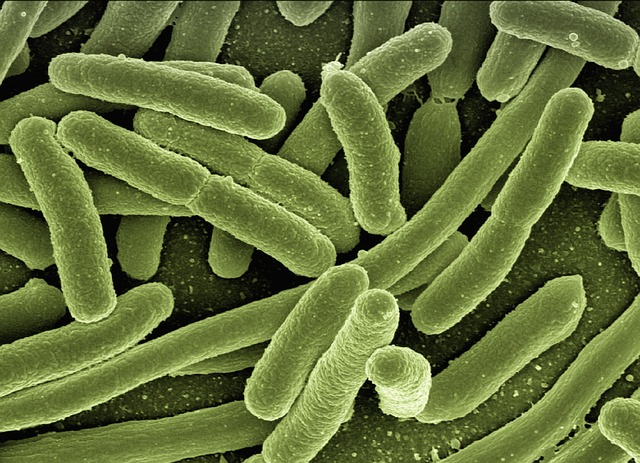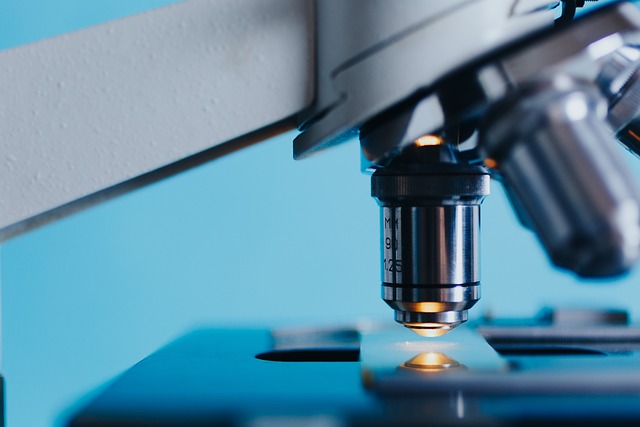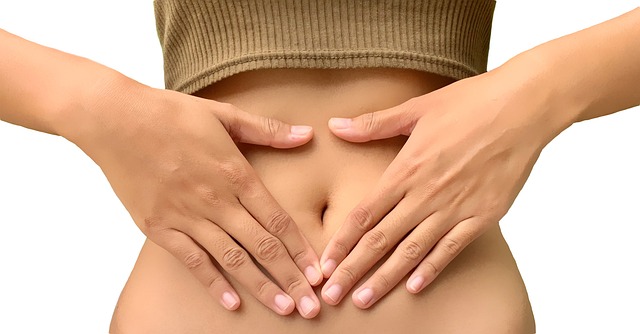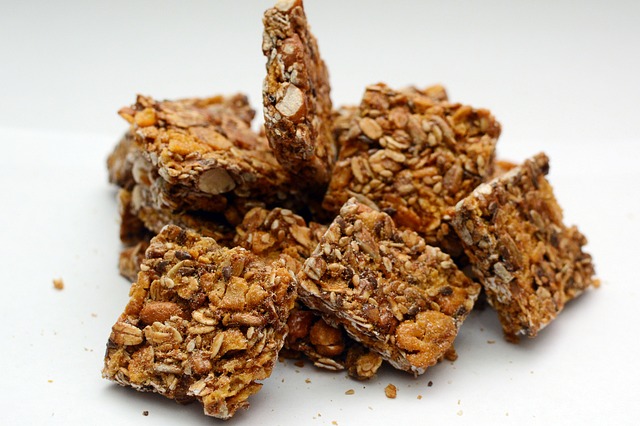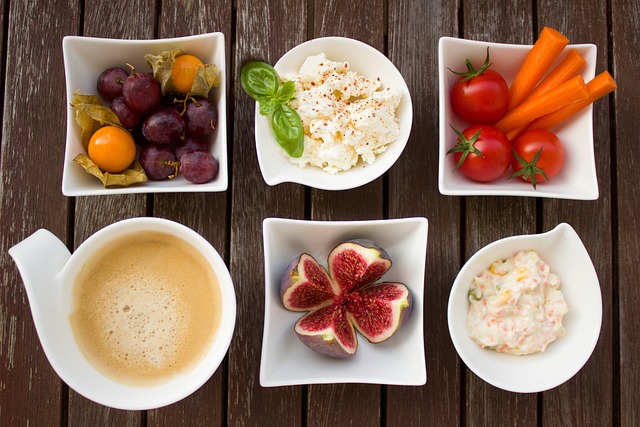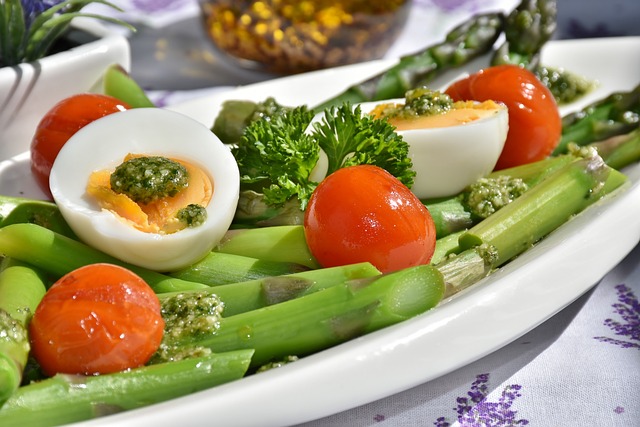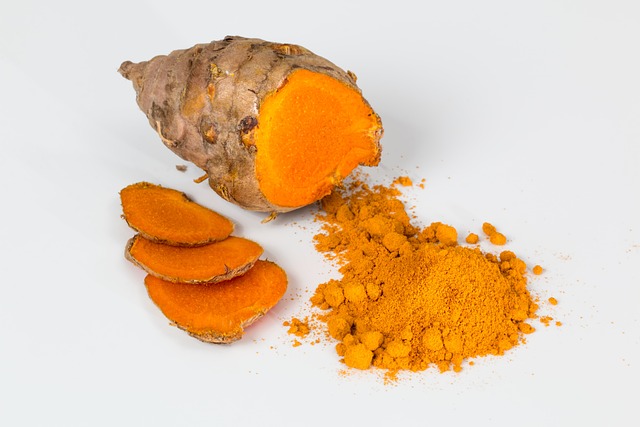
Inflammation and Your Gut
Widely considered to be the root cause of most (if not all) disease states, inflammation is something we definitely need, but we certainly don’t want too much of it. Read on to learn more about inflammation, particularly inflammation and your gut health.
Acute inflammation
Acute inflammation is part of our innate immune response. Without it we’d end up with festering wounds, and any infection we encountered would be deadly. Think about when you cut your finger or or bang your leg – the redness and swelling that follows is inflammation, and as part of our natural defences it protects and helps our body to heal.
Examples of situations that may result in acute inflammation include:
- Sore throats which accompany viral infections
- Cuts to the skin
- Sinusitis
- Infected insect bites
The other type of inflammation we encounter is chronic. While acute inflammation starts quickly and generally disappears in a few days, chronic inflammation can last for months or years as a result of failure to eliminate the root cause.
Some symptoms and signs of chronic inflammation include:
- Ongoing fatigue
- Abdominal pain
- Skin rashes
- Joint pain
- Asthma
- Cardiovascular disease
- Rheumatoid arthritis
- Systemic lupus erythematosus
- Ulcerative colitis
- Crohn’s disease
Inflammation and your gut
Having an imbalance in your gut bacteria, ie. too many less desirable species and not enough beneficial species may result in low grade inflammation, and may give rise to digestive health symptoms such as IBS.
But it doesn’t stop there unfortunately, as this type of intestinal inflammation may contribute to further inflammatory conditions such as neurological problems, depression and arthritis.
So what can cause this state of chronic inflammation?
- Chronic low grade food allergies or sensitivities
- Stress is a huge trigger
- Toxins from the environment
- Too much processed food and sugar, dehydration and too much caffeine can increase inflammation in the body.
Luckily there are a few simple tweaks you can make to your diet and lifestyle to really help with inflammation and your gut health:
Reduce intake of omega-6 fats
Switch your omega-6 rich vegetable or sunflower oil to olive oil or coconut oil for cooking and salad dressings, for example. This will help to reduce your Omega-6 intake. Omega 6 fats, although needed in moderation, can drive inflammation if we consume too much – we need plenty of omega-3 fats to balance it out, more on that shortly.
Drink red wine
Yes really! The occasional glass of red wine can be highly beneficial as its so anti-inflammatory. It contains the highly effective anti-inflammatory substances quercetin and resveratrol. If you’re not already a drinker I wouldn’t start just to get these anti-inflammatory benefits, but if you do already drink alcohol, switching over to red wine occasionally will offer a host of health benefits. Always drink in moderation as alcohol itself is a well known toxin if consumed in excess.
If you’d rather avoid wine, quercetin is also found in green tea, kale and blueberries.
Omega-3 fatty acids
If you’re not already eating oily fish 3-4 times a week you’ll need to supplement with a fish oil. Fish oil is clinically proven to be highly anti-inflammatory so therefore helpful for a whole host of health concerns where inflammation is at the root.
Turmeric
Turmeric is the star of the show as far as reducing inflammation goes. People really do get amazing results with their inflammatory conditions when they supplement with this. For general day-to-day benefits its always nice to add turmeric to your cooking, such as adding it to curries or in other ways such as turmeric milk, or even smoothies. If you’ve got more pronounced inflammatory issues, such as joint pain, supplementation may prove more beneficial for you.
If you would like to speak to me about any aspect of your gut health, then please use this link to book into my diary for a FREE 30 minute chat so I can find out more about what is going on for you. Alternatively please use the ‘Learn More’ link below.
Free Mini Programme
Would You Like to Learn How to Fix Your Digestive Symptoms, Beat the Bloat and Feel Amazing?
1:1 Coaching Plans
Get Ready to Permanently Beat the Bloat, Soothe Your Digestion and Feel Amazing
Ultimate Gut Health Programme
Delicious, Filling & Inspiring ways to Become Symptom-Free, Soothe Your Gut and Enjoy Your Food Again!

